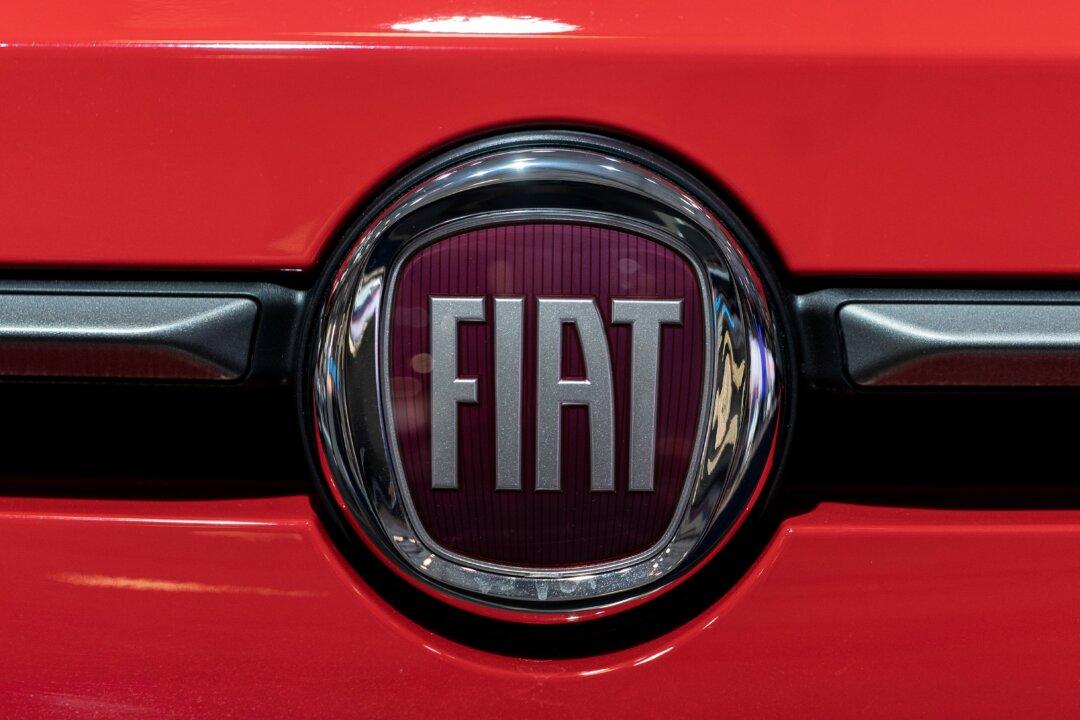Fiat Chrysler is in talks with the Taiwanese company Foxconn to develop and manufacture battery-powered vehicles, the U.S.-Italian automaker said on Jan.17.
Fiat Chrysler is in the process of merging with France’s PSA Peugeot, which is 12 percent owned by Chinese company Dongfeng Motor Co. Both Fiat Chrysler and Peugeot have lagged in developing electric powertrains and also have been struggling to increase sales in China, the world’s biggest auto market.





